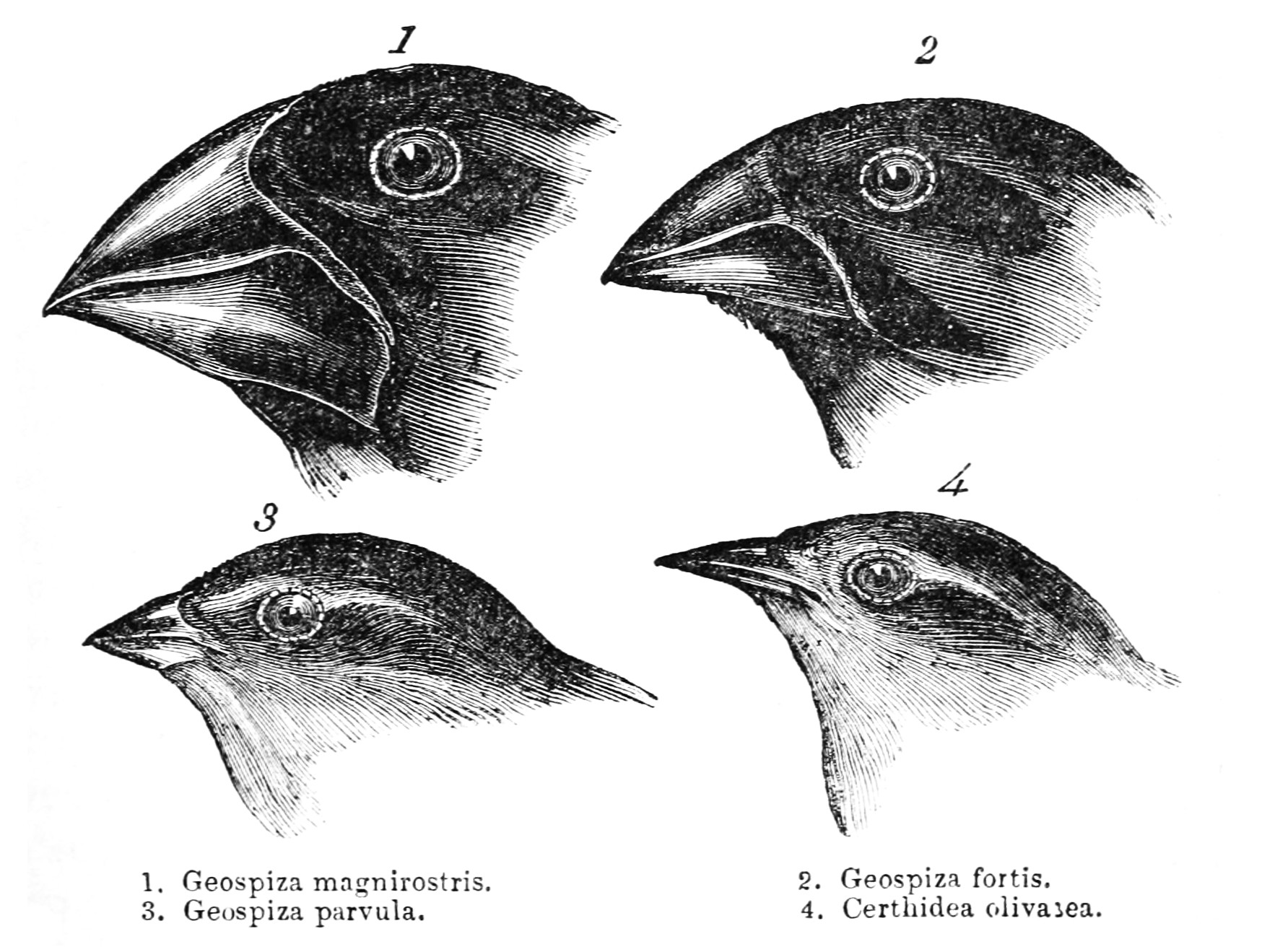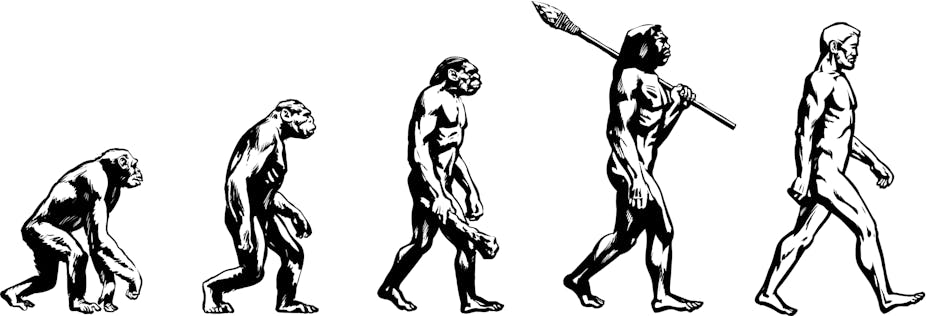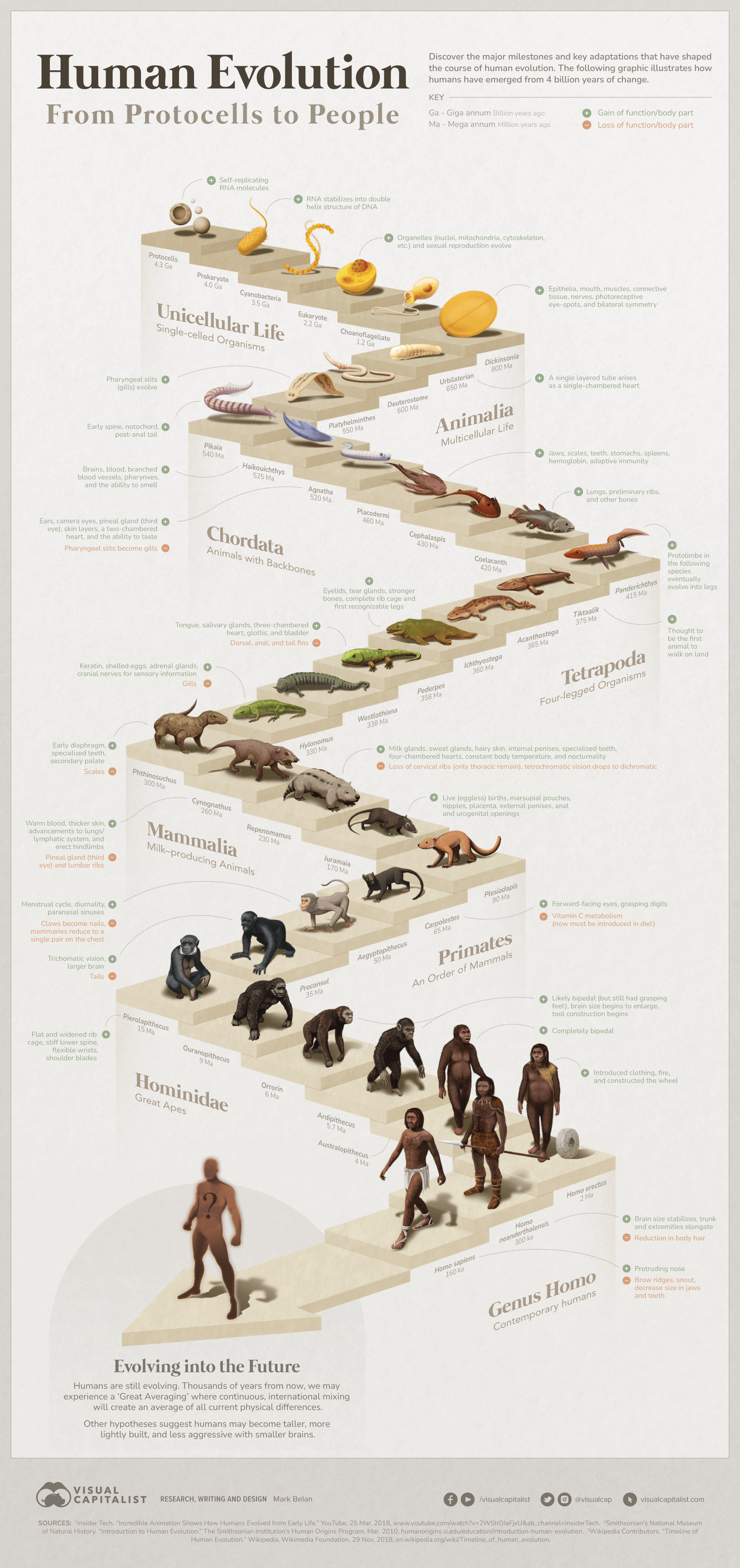Is there a direct path?
Everything working as desired — your dreams being fulfilled, may not be something you can plan.

↓
They say the octopus is the closest thing to alien intelligence on Earth, because it exists at the intersection of the most intelligent (as measured by neurons) creature with the most ancient common ancestor to humans.
Unlike the great apes, we are not even distant cousins. They move, but not like or how we move — they have no vertebrae. And they solve 🐙 problems, not depending solely on an executive brain, but through a highly-distributed nervous system, i.e. arms that, compared to our muscle memory, think. We don camouflage, their skin is a battery of iridophores, an organic liquid crystal display that outperforms any human invention to date.
They embody a solution to the great survival problem that looked at the path humans took and, through millions of unconscious and divergent adaptations, shot it a colossal, upraised tentacle.
Better, Unmarked Entrances
As early-stage founders, we know we need to find a wedge 🐙 — a shape we can drag to the door, that tempts the market to pull us in.
But we also need to consider that this may not be the front gate, and the path we take to get there, wherever there is, may not even be on the map.
In other words, everything working as desired — your dreams being fulfilled, may not be something you can plan.
In his 2015 book, Why Greatness Cannot Be Planned, Kenneth Stanley presents research to support this. Participants are given a set of images and told to pick interesting ones. They can start from someone else's point of interestingness, or they can start fresh.
The delightful result: stepping stones — images between the starting point and the final "oh yes, this is great!" destination are not what you'd imagine:
After enough iterations, the skull-looking thing becomes Jupiter; the sonogram-looking thing becomes the skull, a cloud with a top-hat becomes a teapot. The two-people-kissing-chalice-illusion doesn't become the smoochers or the goblet?!
These things aren't even easy to see in hindsight. And yet they are much more direct than choosing stepping stones with an end goal in mind.
Again, the participants did not have teapots, Jupiter, skulls, or butterflies in mind. They also did not coordinate their selections. But they arrived somewhere of higher value (as measured by interestingness, likelihood-to-be-liked) versus direct assaults on the same targets; "click interesting images until you make a skull" fails.
Exploration & Innovation
Let's say the Galapagos Corporation wants to create an application 🐙 that is 30% better at breaking apart seeds.
This is fairly straightforward. They can play around with some options:

Phew! After 10,000 A/B tests we found out it's probably #2. (#1 also works but it's too expensive.)
But if you're an early-stage startup looking for P/M-fit, this isn't you.
"Oh, I get it, this is us":

No, sorry. That's not you either. Not only is this still straight-line-drawing hindsight-bias, it's not even close to the full picture.
"Hmph, okay, I am at the top-left":

We're starting to see the length of the journey, but no, this still isn't it, because none of these creatures could look forward and see Genus Homo. This is what business students draw when they imagine what it's like to build a world-changing company like Meta.
This is what it's really like to start a company like Meta:
Mark: "I think the goal that we went into it with wasn't to make an online community. It was to make a mirror for the real community that exists in real life. It's a place you go to see who knows each o/ther. An icebreaker, to see if you can find out who you want to meet."
Interviewer: "And where are you taking Facebook at this point? You're going to expand to other schools, and then what?"
Mark: "I mean, there doesn't necessarily have to be more. Like, a lot of people are focused on taking over the world. Or doing like the biggest thing, getting the most users. But I think part of making a difference, and doing something cool, is doing something intensely. There's a level of service we can provide ... that we wouldn't be able to provide if we went to other types of things. I just want to stay focused on college, and create a really great directory product that ... has things people care about when they're in college."
Wow. Visionary, right?
Where To
If you're pursuing a startup based on market secrets 🐙, you're not just testing finches, or bringing australopithecus down the home stretch. You're also not a single-celled organism with a long-term goal of becoming homo sapiens.
All of these approaches sound visionary, but they're predicated on far too many assumptions of what lies between here and there. Paradoxically, you will choose stepping stones that lead you towards a less rewarding place. Why? Because the marketing departments of incumbents are spending billions of dollars guiding everyone towards conclusions that reinforce their status quo 🐙: "There's no opportunity over there." "That's already been done." "That's weird." "What are you doing?" "No one's even asking for that."
As an early-stage founder, your mind is an ocean of thoughts, emotions, and biases. If we want greatness to emerge we may want to take a cue from those cephalopods: make fewer plans, distribute more autonomy, adapt faster to our surroundings, be more flexible, and be willing to try approaches 🐙 that no one looking at the end goal would ever consider: "I think I'll take the beak, but hold the vertebrae."
As a member of our team said this week: "It's like we've done everything backwards!" Yes, that's right. Because no one starting with the end in view would have arrived here with the adaptations we did.
The journey really does create the difference.